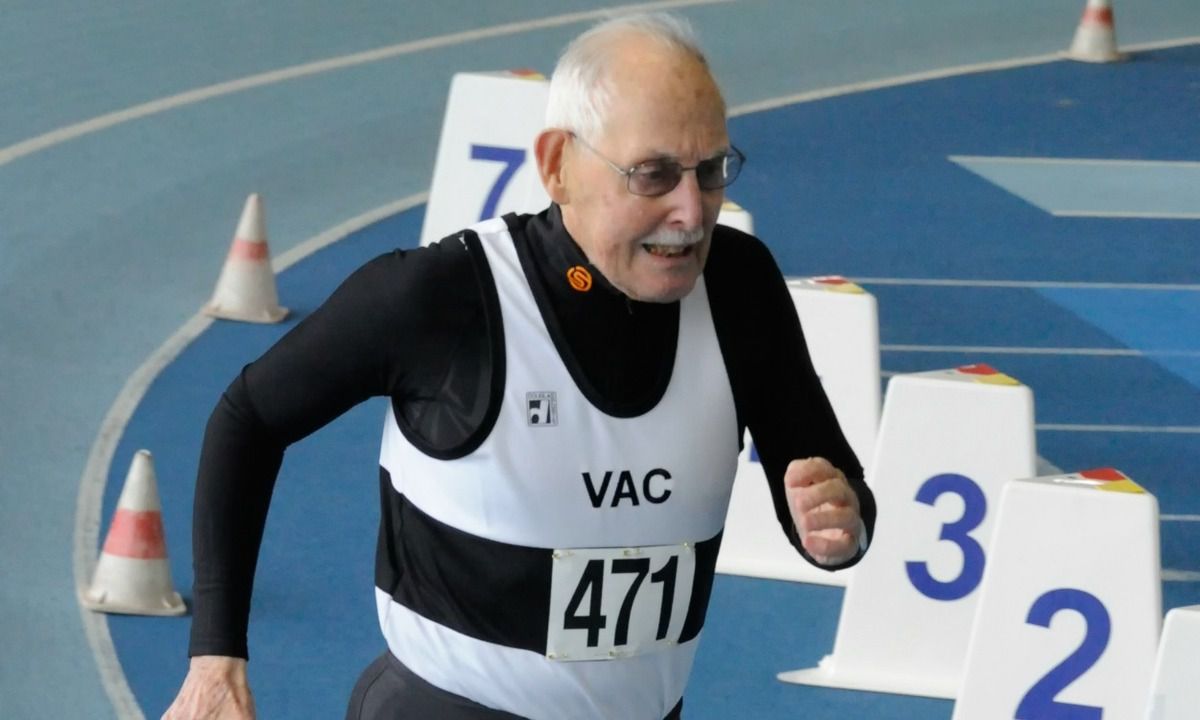When we review the results of international competitions of many sports we often observe the exceptional longevity and continued success of athletes who are no longer young for their sport and who continue to be serial winners. Novak Djokovic in tennis, Federica Pellegrini in swimming, Tom Brady in American football or Gigi Buffon in soccer are just some of the many champions who seem not to age. Their talent is beyond question as is their desire to continue to be winners.
How can we explain this ability?
One reason for the continued success of these athletes could be related to their enhanced ability to mentally integrate large amounts of information related to their performance: chunking. Chunking involves taking single units of information and grouping them into a smaller number of meaningful sets for the athlete.
In this way, the information thus grouped becomes easier to retain, recall, and implement in competition. Chunking is an important feature of performance. An example of chunking in team sports and in individual games with a prevalence of tactics is represented by the play schemes, if each of these were not stored in a specific file, this type of information could not be recalled by the player during a game in less than a second.
It is therefore realistic to hypothesize that these athletes have developed a chunking system so effective that it gives them a competitive advantage over athletes who are equally good but have less playing experience.





